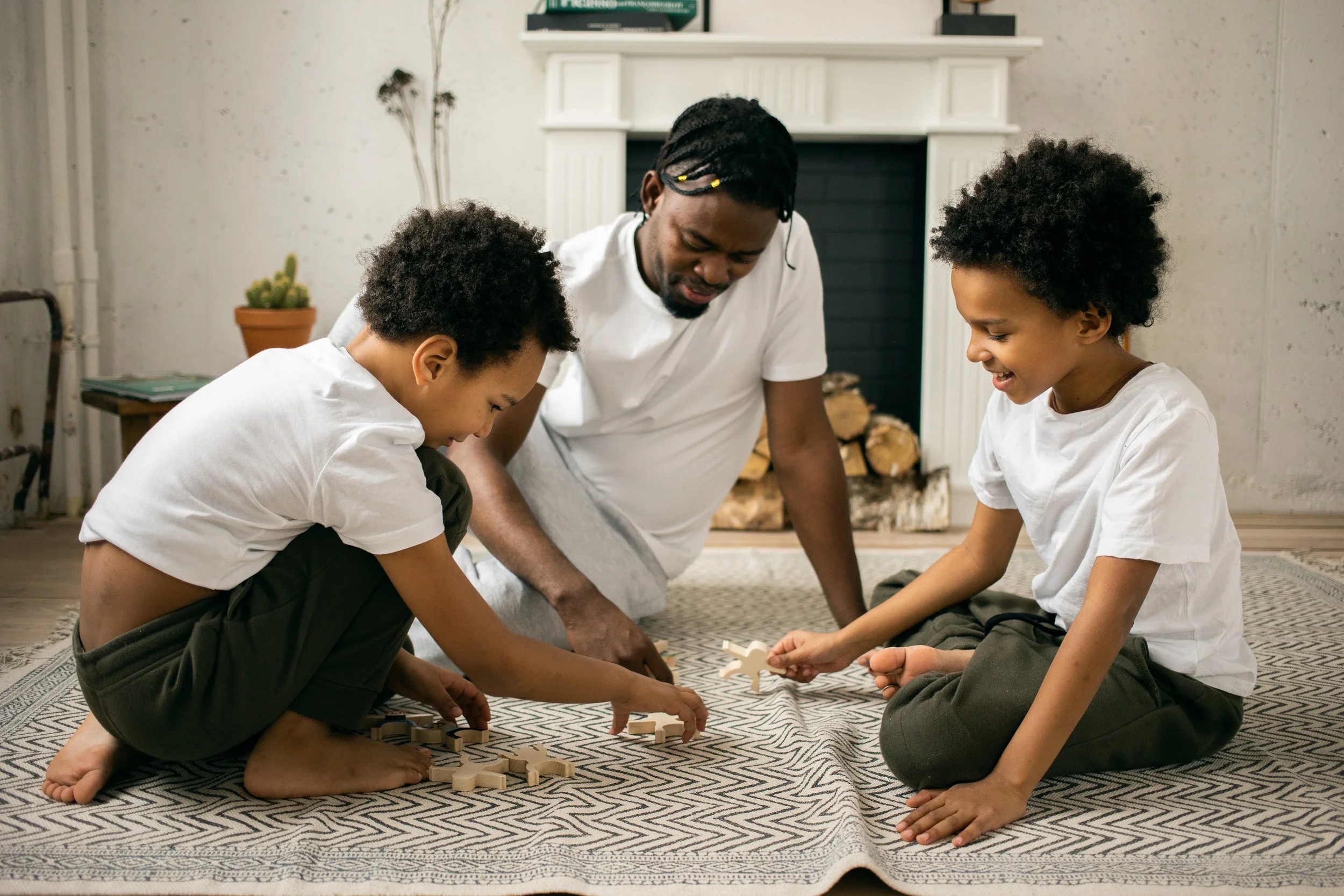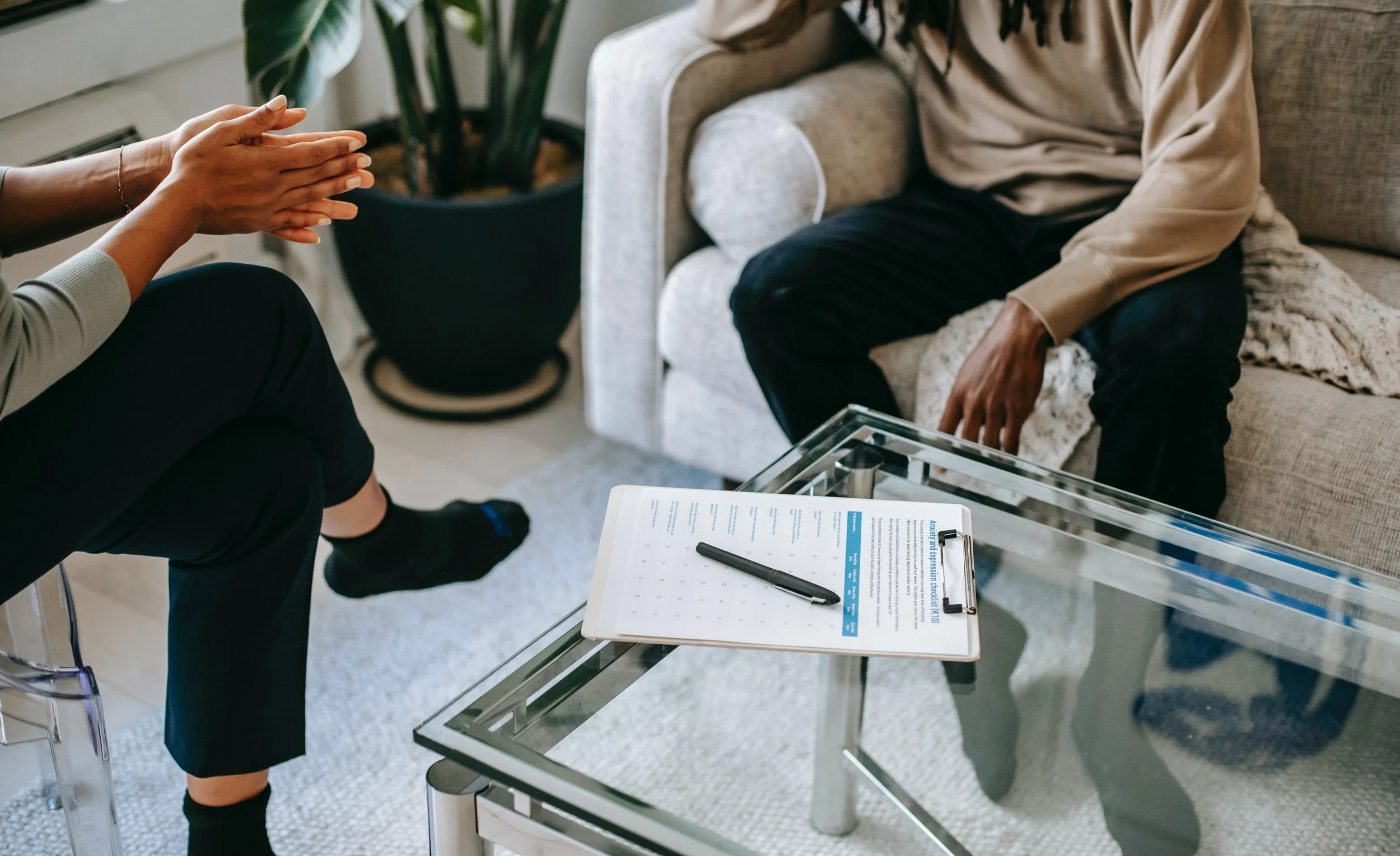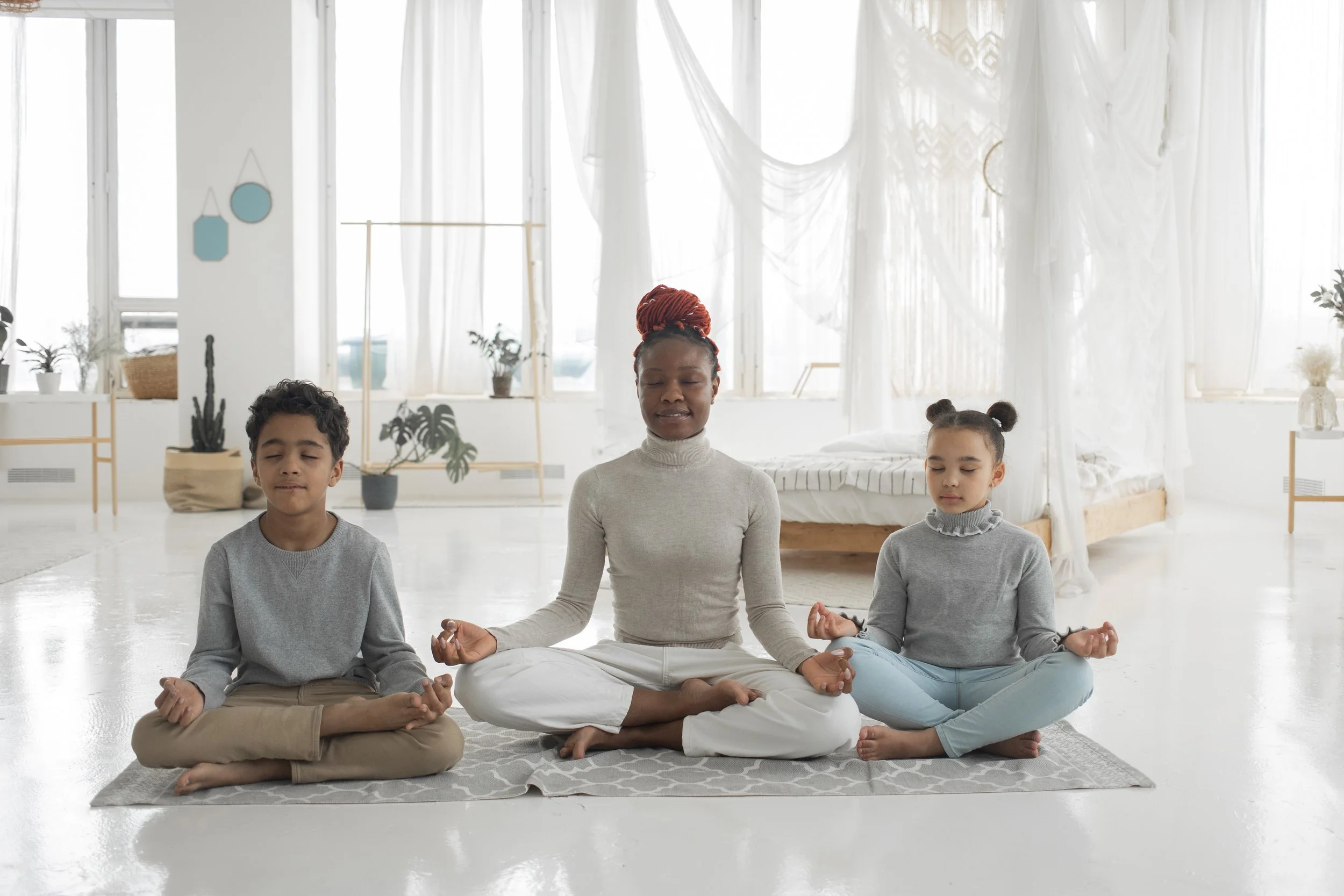It can be really challenging to find a therapist of color—and even harder to find one who specializes in working with children. I hear similar struggles from families looking for therapists who are part of the LGBTQ community: it is sometimes difficult to find affirming therapists for kids.
Usually, I write in this blog about issues that I can help kids with in my therapy office, either in-person or online. This post is a little different: I’m not a BIPOC or queer therapist, but if you need one I’d love to help you find one for your child.
Below, you’ll find a list of directories designed to help match you and your child with therapists and other helpers who understand where you’re coming from. Each of these directories has an option to search specifically for children’s therapists, and also to filter the search results for therapists who share a specific identity or background.
The Benefits of a Therapist Who Shares Your Culture
In order for therapy to be effective, your child needs to feel understood. Of course, this doesn’t mean your child has to have every life experience in common with their therapist: sometimes it can be helpful to work with someone of a different gender or background. But research shows that therapy works better when a therapist understands the client’s culture, and can tailor the therapy to line up with their client’s experiences and beliefs.
Some potential benefits of working with a therapist who shares your culture include:
Spending less time in session having to explain yourself or your experiences
The ability to have therapy sessions in your native language
More informed care when dealing with issues related to racism or systemic oppression
A stronger, more trusting relationship with your therapist
For kids, having a therapist who looks like them can also be a helpful role model or racial mirror, providing another example of a helpful, caring adult in their community who looks like them.
Directories for Finding BIPOC Therapists
The following directories were created to address the challenge of finding therapists of color. While not all directories cater to children, the ones on this list do have options to search specifically for therapists who help kids.
Therapy for Black Girls was founded by a psychologist to help Black women and girls improve their mental health. They have a large database of therapists, and their search function allows you to look for therapists who accept your insurane, as well as therapists who specifically work with children or teens.
Therapy for Black Men, according to their website, was “born from the idea that Black men and boys face unique challenges, and therefore need a dedicated space for seeking and finding mental health support.” You can find Black therapists here who specialize in helping boys, and search specifically for therapists trained to help toddlers and preschoolers, elementary-aged children, tweens, or teens.
Latinx Therapy is a bilingual database that helps people find therapists who understand the Latinx experience in the U.S., as well as Spanish-speaking therapists. Their database allows you to search specifically for help with many different problems that could bring a child or family to therapy, including some specific to the Latinx community. You can also filter your search results for therapists who work with specific ages of children, from toddlers through teens.
Asians for Mental Health is a directory for AAPI therapists. All therapists list their specific ethnic backgrounds in their profiles. You can search for issues specific to the AAPI community, including transracial adoption and immigration, as well as filter the results for therapists who speak a wide range of languages. You can also run an age-specific search to find therapists who work with specific age groups, including young children.
Llapanchik Hampinakuy is a new directory for indigenous and native healers of all kinds. Founded by two Quechua therapists, its name means “we heal each other mutually” in Quechua. Expect to find indigenous and native therapists listed here, as well as other kinds of healers who take more holistic views on health and wellness.
Directories for Queer-Affirming and Culturally Competent Therapists
While the directories above are all devoted to specific racial or ethnic groups, the ones in this section are more broadly committed to inclusivity and cultural awareness. You can find therapists who have deep knowledge of specific cultures, experiences, or religions, as well as therapists who identify as LGBTQ themselves.
Inclusive Therapists is a very large database that, according to their website, “offers a safer, simpler way to find a culturally responsive, LGBTQ+ affirming, social justice-oriented therapist.” You can search for therapists with expertise in a variety of religious beliefs, racial and cultural backgrounds, and social justice issues. You can also search for therapists who self-identify as part of the LGBTQ community or as part of a specific race, culture, or group. “Children and Tweens” and “Adolescents and Tweens” are included as searchable specialties in the database.
The LGBTQ+ Healthcare Directory can help you find therapists, doctors, and other healthcare providers who are LGBTQ-affirming and who specialize in helping members of the queer community. While not specifically focused on mental heatlh, the databse includes a good number of therapists. Therapists can also be filtered based on ethnic background, languages spoken, and whether they specialize in working with youth.
TherapyDen is another large database with an emphasis on inclusivity. It allows you to search for therapists not just by cost or location, but by gender, ethnicity, and many other factors. Their “specialized experience” drop-down menu allows you to select for therapists who have described themsevles as Queer-competent, Trans-competent, Neurodiversity-affirming, and working from a racial justice framework. You can also search fror therapists specializing in child, adolescent, or family therapy.
More Mental Health Help for Kids
If you’re looking for some support while you search for the right therapist, my online coping skills course for tweens is available to download right now. My book, A Parent’s Guide to Managing Childhood Grief, might also be a helpful resource for children and families who are recovering from a loss.
I provide counseling for kids and tweens with anxiety and OCD, both in-person in my Davidson, NC therapy office and online throughout the states of North Carolina, New York, and Florida. Want to learn more about therapy with me? Check out my FAQ or contact me with questions.



